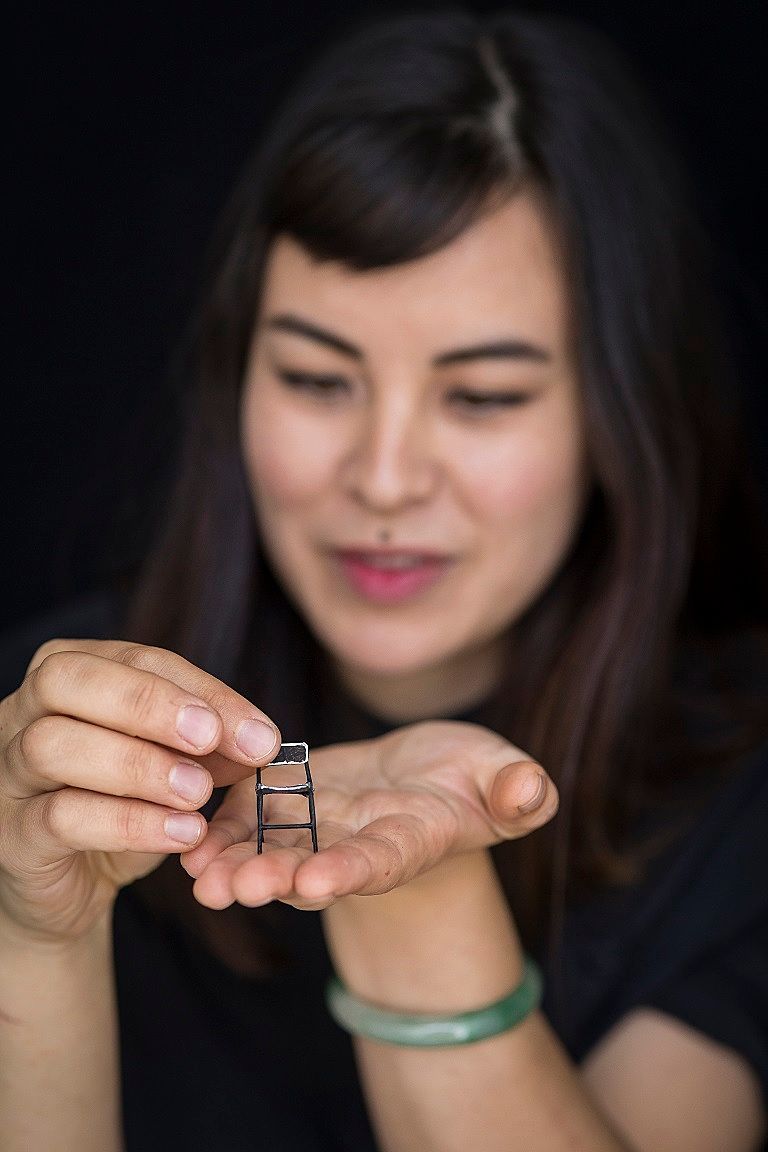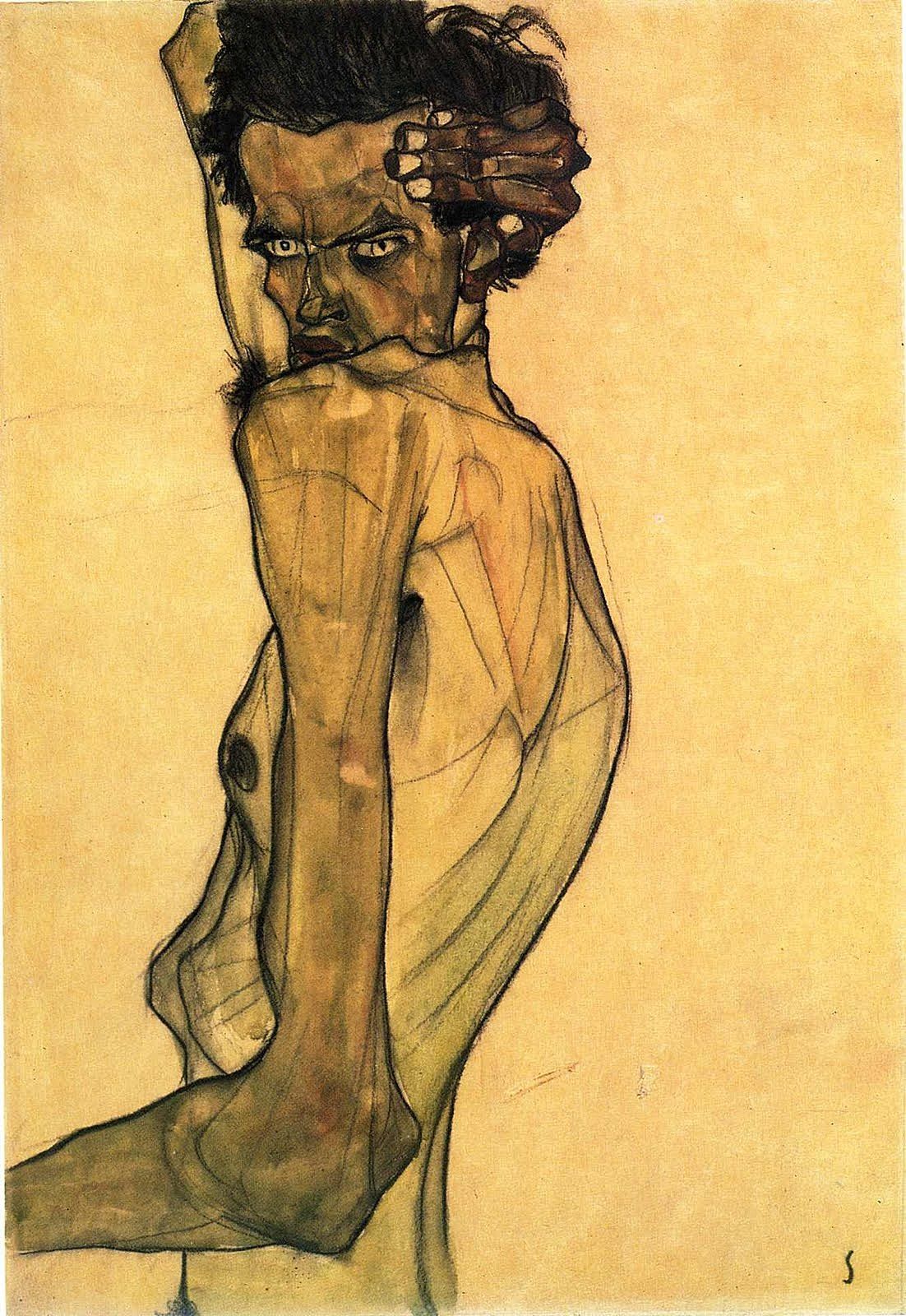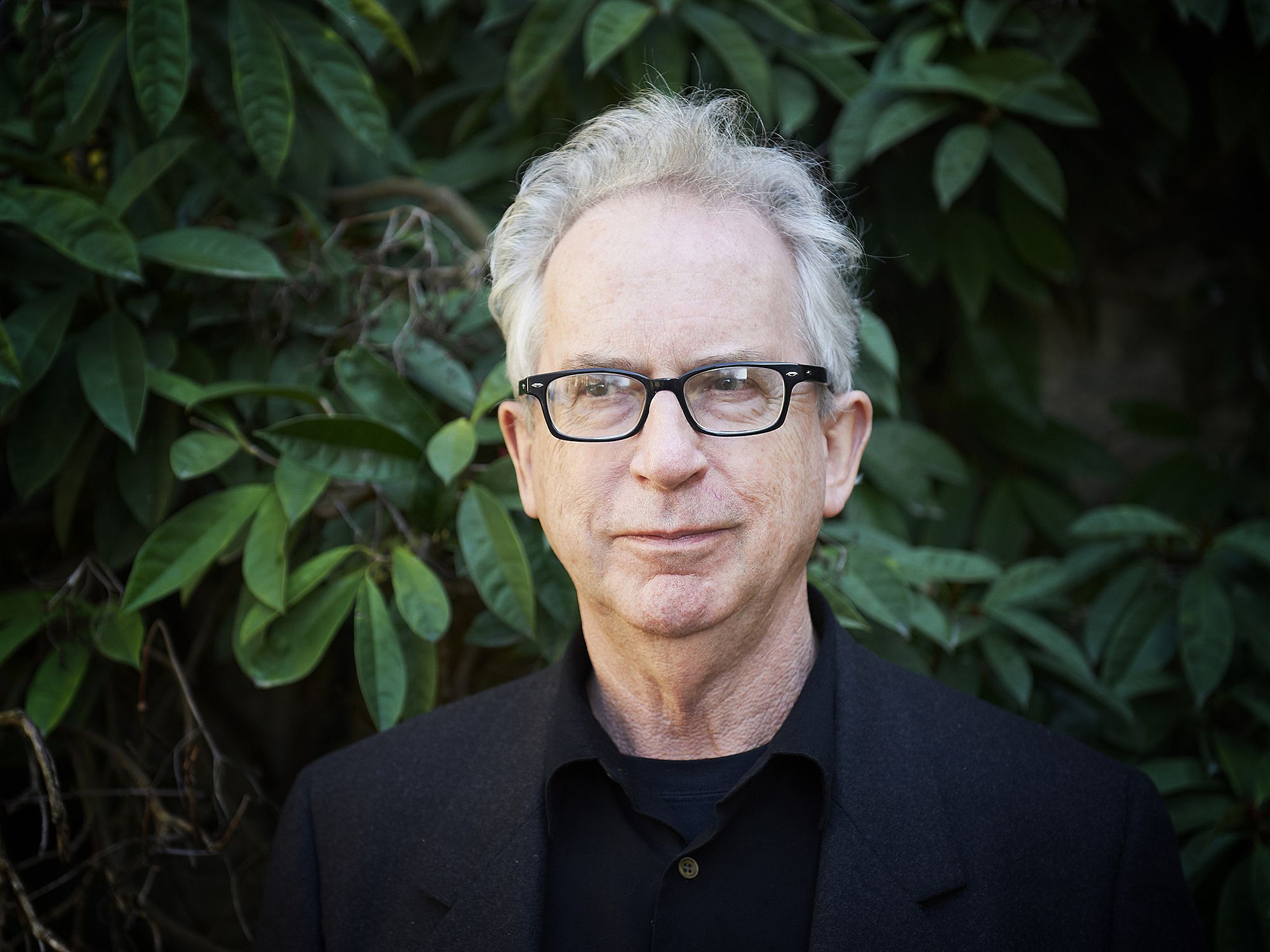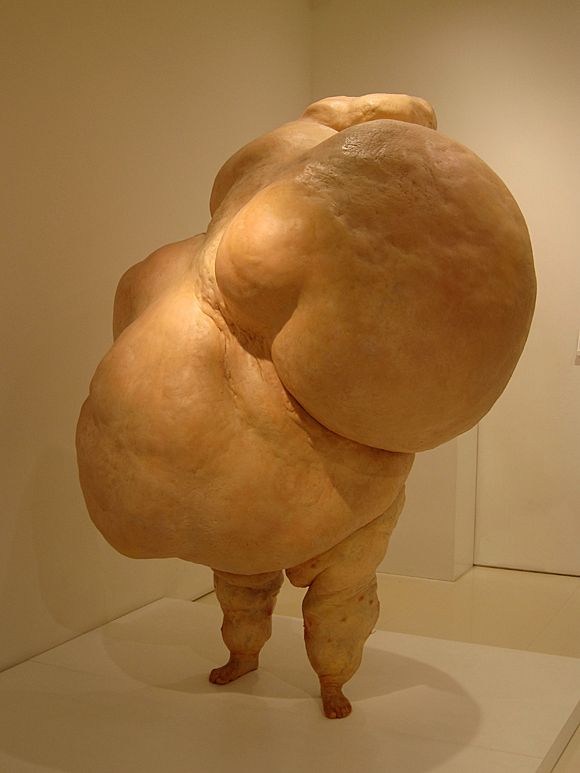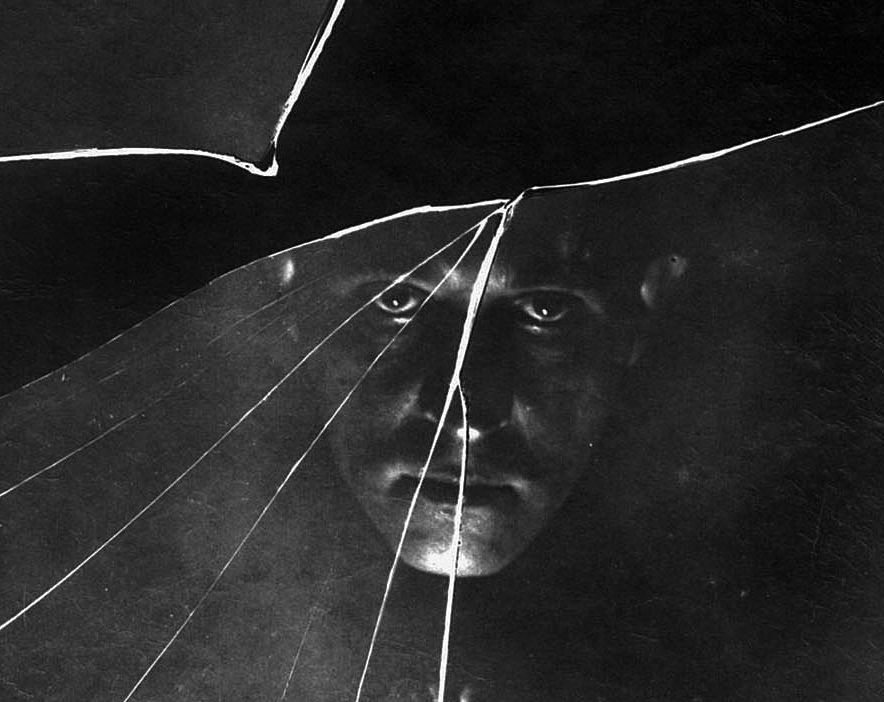Loose Canons: Christine Urquhart
Loose Canons is a series where we invite artists we love to share five things that have informed their work. Meet the rest of our Loose Canons here.
Christine Urquhart's journey as a designer has taken her from Britain to the other side of the planet. Starting out as a fine artist, she stumbled upon theatre design as an apt combination of conceptual thought, practical application, and collaboration with exciting and fearless artists with the need to play in curious spaces. She is highly influenced by her time living in Bulgaria and will leave New Zealand for Canada mid-2016.
Bulgaria
Huge pipes burst from the ground like great steel worms, and decaying concrete monoliths stood at every corner. When sounding out Cyrillic i sounded mad, I sounded foreign, and I absolutely loved it. I had no idea how I would fit into this dusty and beautiful place. The art school was an old veterinary hospital (the cafeteria was in the old morgue), our classroom was in the roof and we would hide from the old security guard to spend all night painting. They would send someone to one of the (many) abandoned buildings to tear up a kitchen vinyl floor for print-making class. They used paper cups and ripped up old watches for model-making. I saw Lady Macbeth naked in a foam machine shrieking "Out, damned spot!" and mistakenly got backstage to a production of Four Rooms. Their favourite bar was a reoccupied burnt-down barn with a secret knock and murals and candles on every surface. My greatest memory is unwittingly climbing seven hours up a mountain to an abandoned ski lift, to survey a found space for a design, with only a pack of Oreos in my pocket. One guy in the class thought I was dead and bought me a beer from the vending machine.
Egon Schiele
As a young artist, I took life-drawing classes with an old family friend who I only remember as 'Uncle John'. He was a fascinating archetype of what an artist is – he married up and spent his days in a huge house covered in books and paintings, and strange globes that apparently warded off evil spirits. Shortly after, I discovered the painter Egon Schiele, little-known protegé of Gustav Klimt. What fascinated me was how completely different their protrayals of a real subject, the human figure, was and how an interpretation can be more tangible than realism. Klimt was a symbolist painter and created - yes beautiful, but - a sort of romantic view of his subjects. It didn't stir emotion in me like Schiele, who was incredibly raw with his work. His subjects appear to be almost in pain within their existence, emaciated and sickly-coloured, portraying disturbing images of sex, death and discovery. He went on to become an early exponent for expressionism.
Peter Carey
His collected stories is a book I distinctly remember being given, but I feel like it's always been in my possession. He spins a premise of fantasy but winds down tightly to themes around capitalism, authority and cultural imperialism, in impossible worlds bordering on the surreal. In one story, a cartographer dematerialises into nothingness because he was not loved; in another, a magical bird is a body part which can be pimped out in a future of unemployment; a mime portrays pure terror – the audience leave the auditorium in fear but come creeping back for the finale – and the mime then tries his hand at comedy, but his shows hardly sell. In a rural village a quiet old man is silently building behind enclosed walls. He is deemed odd and people leave him well alone. When he passes away they discover a perfect miniature replica of their little village, buildings, inhabitants and all.
Wellcome Collection
London! Tate Modern! Houses of Parliament! West End! You know what I mean, right? Well, there's a hidden place in Euston you need to know about: Wellcome Collection. They have the most fascinating exhibitions that combine medicine, life and art. I'd always drag my friends there before we went to gigs in Camden or Brixton. We'd constantly have to leg it to the station to get to doors on time. With exhibitions called Skin and Dirt it's a modern day wunderkammer. It's like a theatre of memories for civilisation, full of gorgeous oddities, surprising and weird things.
Stanisław Ignacy Witkiewicz
I discovered Witkacy whilst living in Bulgaria and have a borderline obsession with not only his plays, but his prolific creations in cultural critique, philosophy and painting. He embraced radically non-realistic theatre. Constantly tormented, he himself proclaimed, "I live constantly on the edge of the abyss." He views society as a machine with no one really in control, where the dials have already gone way beyond the red arrow. He views the world as an asylum full of grotesque caricatures of authority who declare insane those who dare to disagree with their views, namely the artist. He is powerful and unapologetic in his writing; war, love, religion, science, art. Nothing is untouched. It really fires me up. To quote one of his characters, authority figure Dr. Riftmaker, shortly after a catastrophic event: :Justice first, then the wounded, and the mentally ill last of all, because there is absolutely nothing we can do to help them."
